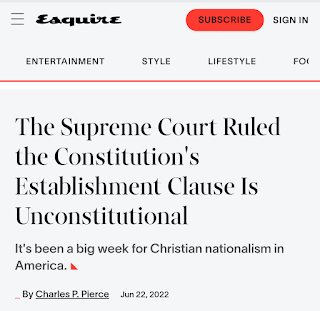Plastic Free July is a global education, awareness, and action initiative to help wake us up to the extraordinary amount of plastic in our lives and environment.
From plastic single-use water bottles to plastic utensils, shopping bags, food wrappers, and more, it's hard to go a day without using or having to deal with plastic.
But, we are burying the planet in plastic and it is having health, safety, financial, conservation, environmental, and climate consequences. Plastic is toxic across its lifecycle.
Only a small amount of plastic has ever been recycled. Even the recycling process has problems. The small pellets, nurdles, shipped for making recycled goods can escape into the environment or the oceans. Most plastic ends up in landfills or incinerators, or loose in the environment, with much, eventually, finding its way to our oceans. Plastic in oceans kills millions of marine animals annually, pollutes habitats, and disrupts food systems. Plastic never goes away, it just breaks down into smaller and smaller pieces of (micro)plastic which are eaten and breathed in by everything. Plastic particles have been found in human blood and placentas of newborn babies.

We can push back. Kudos to the community leaders who produced this year's Juneteenth celebration. They noted the connection between plastic use and the environmental racism that is part of every aspect of the plastics industry, as outlined in this Surfrider article and ongoing plastic problems and effects on the future health and happiness of Black children. The Juneteenth committee worked to reduce or eliminate single use plastic bottles, foodware, and utensils and provided educational materials about it; they worked with the city, food vendors, and the waste management company to explain why and find other solutions; andthey included a speaker specifically focused on environmental racism.
We all can work toward plastic free in our everyday lives and our community events. It starts with awareness and works through a commitment to change and help others understand what's happening.
We have to pay attention and push back. The plastics industry is part of the petroleum industry. The climate crisis need to stop burning fossil fuels for transportation and heating means the industry must find or create new markets; predictions are that plastic production will ramp up exponentially over the next several decades.
During the month of July we will highlight ways you can change your and our communities' plastic habits. The first step is awareness. Read and share some of these articles. Document how often you encounter or are forced to use single-use plastic and what alternatives you have. Think about the restaurants and events you visit and how you can encourage changes. Gather your resources and prepare to take action.
Acting on plastic is part of the effort to make a more just, more compassionate and cooperative, more sustainable, and more healthy world. And reducing plastic use is key to the fight to lower carbon emissions and rein in global heating.











.png)



